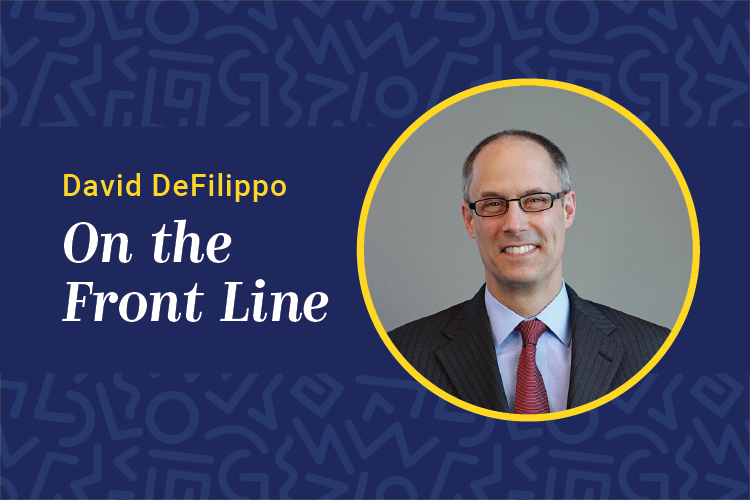Rapid growth in the coaching field has led to questions around coaches’ credentials, practice methodology and continuing professional development. This has linked coaching to adjacent professions such as psychotherapy and social work. Drawing from the psychotherapeutic traditions, one way to professionalize coaching is through supervision.
The history of supervision dates back to Sigmund Freud’s Wednesday Psychological Society, which informally began in 1902 and took place weekly with his colleagues at his home. The group used these meetings to discuss psychotherapy cases and theory for their own professional development and to share ideas. This was, in effect, the beginning of a peer supervisory process.
The etymology of the word “supervisor” sheds light on its definition and function. “Super” is defined as “going beyond, transcending to a higher level or being superior in quality,” and “vision” means “coming into view or having insight or wisdom.”
As a newer part of the coaching field, the definition of coach supervision comes from existing and validating professional literature. Researchers Peter Hawkins and Gil Schwenk based the definition on the Seven-Eyed Coach Supervision Model, which Hawkins developed with Nick Smith in 2006: “A structured formal process for coaches, with the help of a coaching supervisor, to attend to improving the quality of their coaching, grow their coaching capacity and support themselves and their practice. Supervision should also be a source of organizational learning.” Hawkins and Robin Shohet thought supervision in the helping professions served three purposes: developmental, resourcing and qualitative.
From 2012 to 2013, I conducted a qualitative and thematic research project with nine coach supervisory dyads, which included coaches and coach supervisors. By analyzing the relationships, emotions and effects of coach supervision among coaches and their coach supervisors, the study led to the following six findings:
1. Coach supervision sessions used established coach supervision models and remained flexible in structure to guide their progression.
2. The content of coach supervision sessions illustrated a range of focal areas, including challenging coachee issues, client organization matters and coach concerns.
3. Emotions were present among coaches and supervisors before, during and as a result of supervision.
4. The relationship between coaches and coach supervisors engendered trust and mutual respect, as well as specific moments significant to advance the depth of coach supervisory work.
5. Outcomes from the coach supervision process demonstrated distinct effects for coaches and coach supervisors, which included increased confidence and objectivity for coaches, as well as satisfaction and learning for coach supervisors.
6. Coaches and coach supervisors were consistent in their views on the importance of advancing the coaching field through coach supervision.
I suggest the following to professionalize coaching:
• The role of emotion in the coach supervisory relationship affects the coach supervisor and supervisee because of human connection, as described in 2002 by Daniel Goleman, Richard Boyatzis and Annie McKee, co-authors of “Primal Leadership.” The results from this emotional connection suggest emotional intelligence plays an important role in the coach supervision relationship.
• The confidentiality of the coachee’s engagement details when the coach participates in coach supervision. For example, coaches should ask the coachee for permission to disclose their coaching session details to their coach supervisor.
• Establishing a coach supervisory competency model includes the following: attentive listening, empathy, emotional intelligence and systematic thinking.
For the various stakeholders involved in the executive coaching process — whether they are coaches, coaching services providers, professional organizations or organizational practitioners — coach supervision is one way to further advance coaching as a profession.















